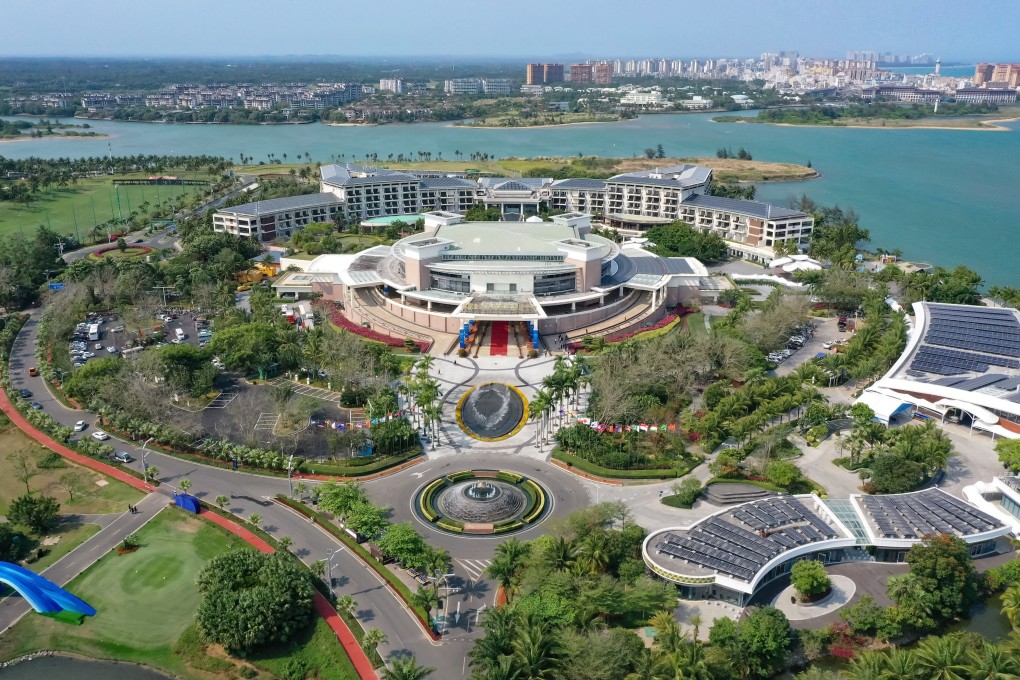Advertisement
Boao Forum: Singapore, Malaysia to showcase ‘proactive’ China diplomacy – but don’t expect any ‘fireworks’
- Analysts say trade and investment will be the main thrust of the visits to China this week by Malaysia’s Anwar Ibrahim and Singapore’s Lee Hsien Loong
- Singapore is likely to highlight its own neutrality and Asean’s centrality, while Malaysia may tilt more to Beijing as it prioritises economic issues
Reading Time:4 minutes
Why you can trust SCMP
9

The separate visits to China this week by the leaders of Malaysia and Singapore will showcase how Southeast Asian countries are adopting a strategy of “proactively” engaging and bolstering economic ties with Beijing amid heightened superpower rivalry, analysts say.
Advertisement
Malaysia’s Prime Minister Anwar Ibrahim and Singapore’s Prime Minister Lee Hsien Loong are among the world leaders who will attend this week’s Boao Forum for Asia, an annual conference formed in 2001 to promote economic integration in the region.
They will meet top Chinese leaders including President Xi Jinping, Premier Li Qiang, National People’s Congress chairman Zhao Leji and Chinese People’s Political Consultative Conference chairman Wang Huning.
The visits represent a desire to proactively engage with China amid increasing Sino-US tensions, analysts note, adding that Singapore’s continued gestures of neutrality and whether Malaysia might move closer to Beijing under a new administration would also be closely watched.
“The visits will undeniably highlight cooperation in the economic realm given China’s position as a top trading partner of Southeast Asia. However, discussions on peace and stability will most likely be another focus of the trips,” said Don McLain Gill, South and Southeast Asia director at the Philippine-Middle East Studies Association.
Lee is set to deliver a speech on Thursday at the opening plenary of the Boao Forum, held in China’s southern Hainan province. Anwar will arrive in China on Thursday for the forum and is also expected to speak to students at Tsinghua University in Beijing.
Advertisement
Peter Mumford, Southeast Asia practice head at the Eurasia Group, a political risk consultancy, said the two leaders were likely to focus on deepening trade and investment ties between China and their respective countries, and with Asean as a whole.

Advertisement